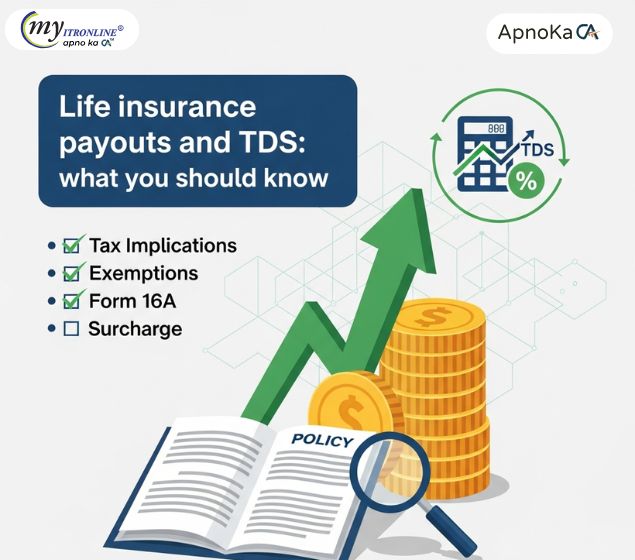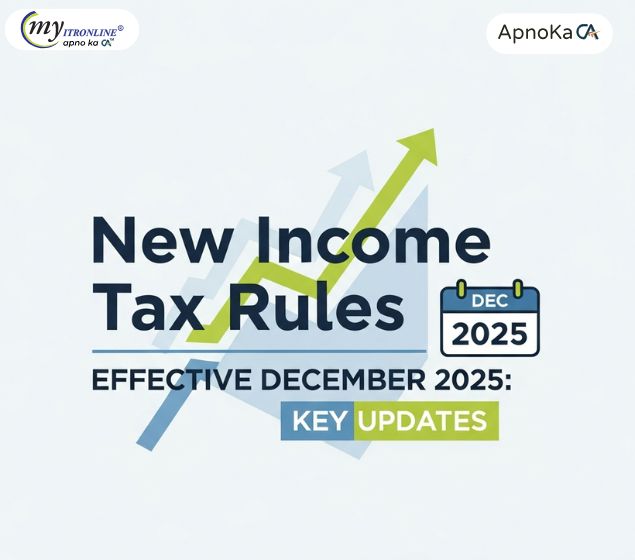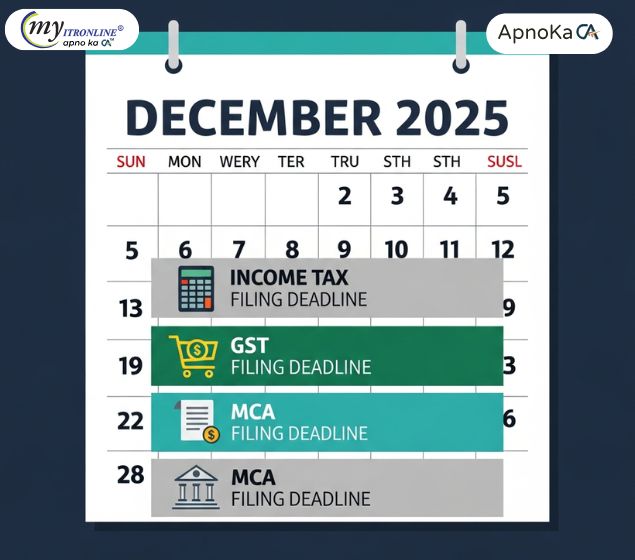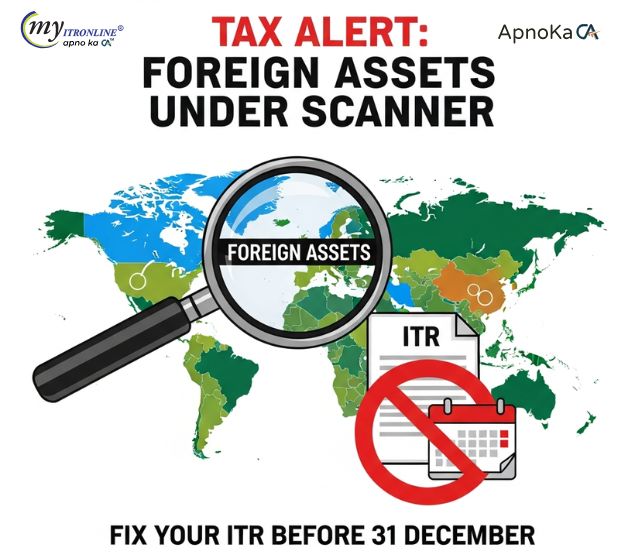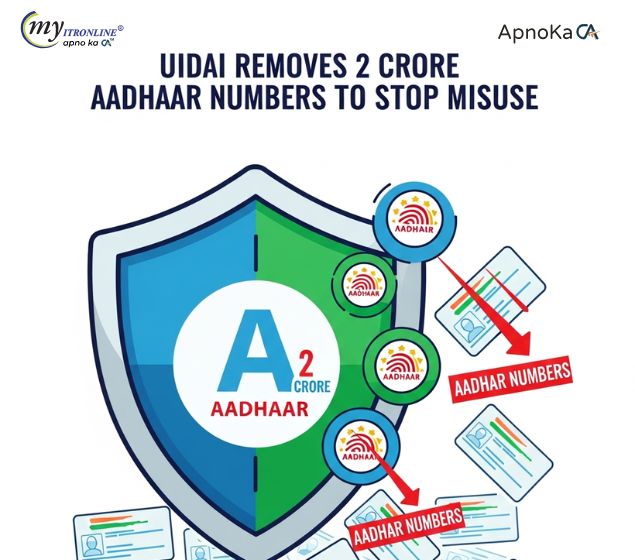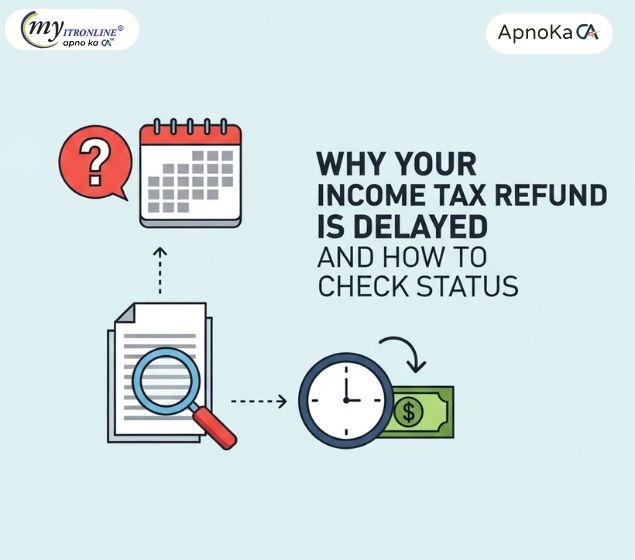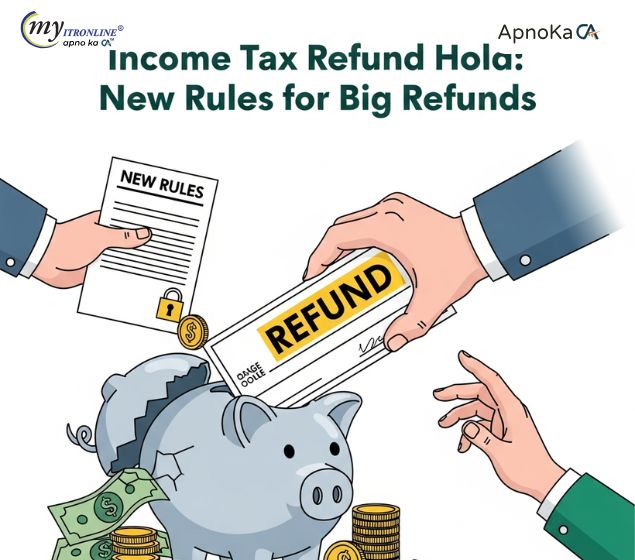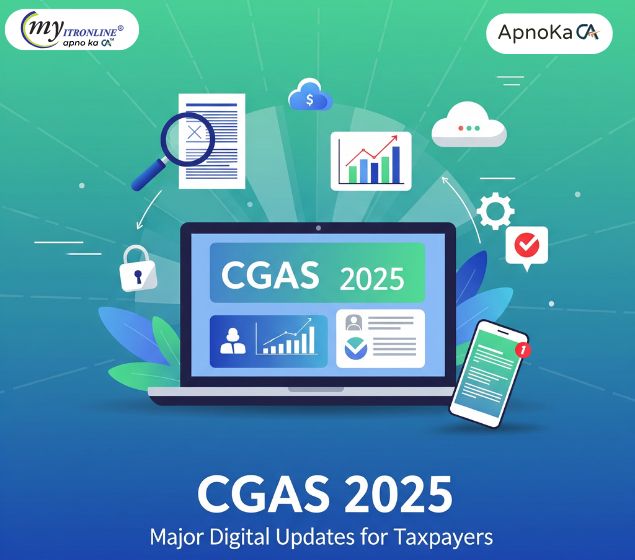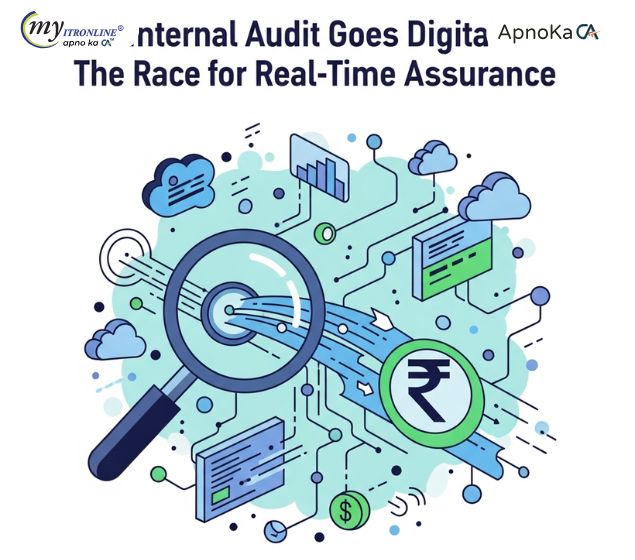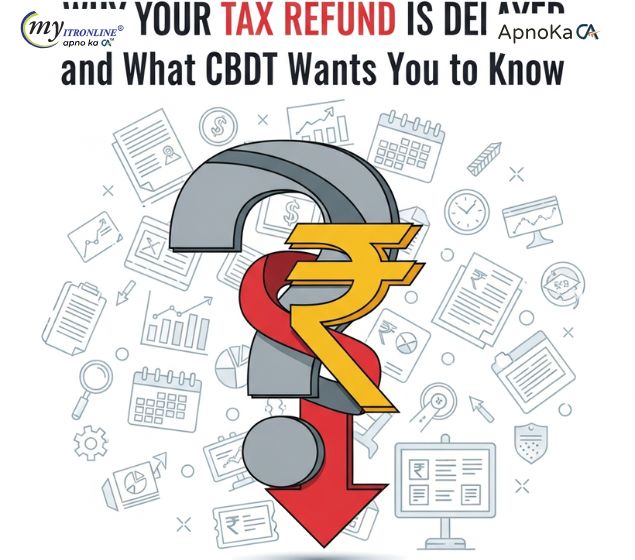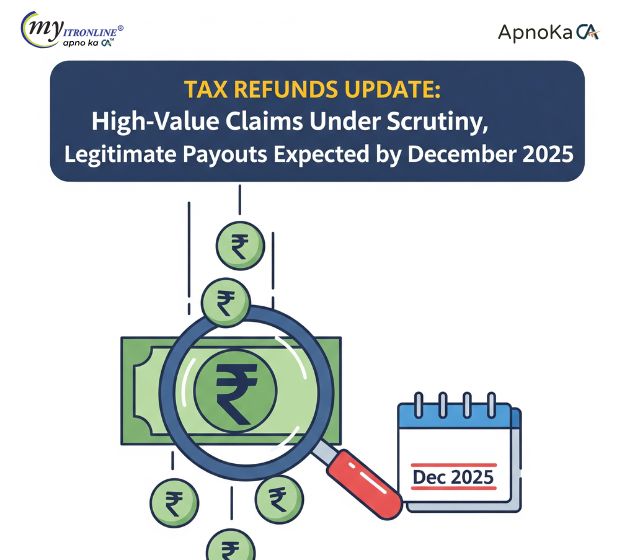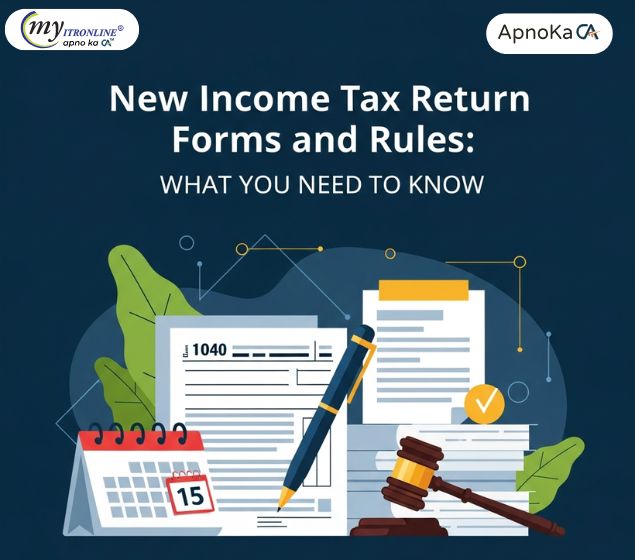Income Tax Rules: Understanding Specified Financial Transactions for Cash Deposits and Withdrawals
As per the Income Tax Act, specific financial transactions are identified. If, during a financial year, an individual deposits cash amounting to Rs 10 lakh or more in a savings account, the bank is obligated to report such transactions.

Income Tax Rules: Understanding Specified Financial Transactions for Cash Deposits and Withdrawals
Income Tax rules can get a bit tricky, especially when it comes to cash deposits and withdrawals. It's crucial for you to know if there's any tax you need to pay on the money you put into your bank account or if your account will be debited with a TDS (Tax Deducted at Source) amount when you take money out. Let's break down these rules and understand what they mean for you.
Understanding the Tax Implications of Cash Deposits and Withdrawals – Specified Financial Transactions
As per the Income Tax Act, specific financial transactions are identified. If, during a financial year, an individual deposits cash amounting to Rs 10 lakh or more in a savings account, the bank is obligated to report such transactions. The limit is set at Rs. 50 lakh for current account holders.
It's essential for individuals to note that while the government does not impose a tax on the deposit of their hard-earned money, transactions exceeding the specified limit during the financial year will be reported by banks as specified financial transactions to Income Tax authorities.
When it comes to cash withdrawals, Section 194N of the Income Tax Act, 1961, mandates TDS deductions as follows:
- 2% on amounts exceeding Rs 1 crore in the financial year (if ITR has been filed for 3 consecutive years)
- 2% on amounts exceeding Rs 20 lakh in the financial year, and 5% on the amount withdrawn in excess of Rs 1 crore (in all other cases).
Tax Consequences in Cases of Unexplained Income Sources
Sometimes, individuals are required to file income tax returns, but they either have not filed or their income falls within a specified exemption limit. If such individuals deposit cash in a bank account, the income tax authority can issue a notice under section 68 of the Income Tax Act. If the person fails to establish the source of income, this income is taxed at a rate of 60%, along with a 25% surcharge and 4% cess.
In the case of individuals covered under section 44AD/44ADA (Presumptive scheme of taxation for certain assesses for specified business), where maintaining books of account is not required, deposits related to the declared turnover in the income tax return are not penalized. However, the tax department retains the right to question deposits unrelated to the business.
For example, if a person receives a notice for cash deposits while engaged in a business that involves significant daily cash transactions, the question arises: Will the entire amount deposited be taxable?
It is a well-established legal principle that in such cases, the profit component of the transaction will only be taxable if the person can prove the genuineness of the transaction.
Tax Consequences for Cash Deposits Related to Cash Receipts
As per section 269ST of the Income Tax Act, if an individual receives Rs. 2 lakh or more in cash during a specific year or for a particular transaction, they may face penalties under section 271DA, where the penalty equals the amount of the cash receipt.
However, if the person is receiving money from banks due to cash withdrawals made by them, section 269ST explicitly excludes such transactions, and no penalty will be imposed. It's important to note that if the withdrawal exceeds specified limits, TDS will be deducted from such withdrawals under section 194N.
Cash receipts may occur due to withdrawals previously made by the assessee or exempted income earned by the assessee. In such cases, if the assessee receives a notice from the income tax department, they can assert that the cash deposited is from previous unutilized withdrawals or exempted income.
Tax Implications for Cash Deposits Related to Cash Loans
Under sections 269SS and 269T of the Income Tax Act, which govern the acceptance and repayment of cash loans, individuals are prohibited from accepting or repaying cash loans exceeding Rs 20,000 in a given year. Violating these rules can lead to penalties under sections 271D and 271E, equivalent to the cash loan amount accepted or repaid.
For example, if an individual engaged in an eligible business under section 44AD deposits Rs 29 lakh during the year, claims Rs 23 lakh as business income, withdraw Rs 8 lakh in cash, and accepts Rs 3 lakh from a person for a specific transaction, certain tax implications arise.
The deposited amount of Rs 29 lakh can be treated as a specified financial transaction if it's deposited in a savings account. Since only Rs 23 lakh is claimed as business revenue, the individual may need to explain the source of income for the remaining Rs 6 lakh, which could be clarified as coming from an unutilized withdrawal.
Additionally, the individual must note that with turnover exceeding Rs 20 lakh, GST registration is required; otherwise, the revenue amount will be treated as the Gross Amount (inclusive of GST). No TDS will be deducted from the withdrawn amount, as it's below the specified limits of section 194N. However, violating section 269ST by accepting Rs 3 lakh for a specific transaction could lead to a penalty.
Before making cash deposits or withdrawals, every individual should consider aforementioned scenarios to understand when legal action or tax liability becomes unavoidable.
Also Read: Significance of GST Collection in the Last Phase of the Current Financial Year
FILING YOUR INCOME TAX RETURN F.Y 2024-25 (A.Y. 2025-2026) WITH MYITRONLINE
The income tax filing deadline is right around the corner. If you haven’t filed yet, do it today with Myitronline! Avoid last minute rush and file your tax return today on MYITRONLINE in Just 5 mins.(www.myitronline.com)
If you are looking for eCA assistance to file your income tax return/ GST, you can opt for MYITRONLINE eCA assisted plan starting
Upload Salary Individual Form-16
If you have any questions with filing your tax return, please reply to this mail. info@myitronline.com OR call 9971055886,8130309886.
Note-All the aforementioned information in the article is taken from authentic resources and has been published after moderation. Any change in the information other than fact must be believed as a human error. For queries mail us at marketing@myitronline.com
Krishna Gopal Varshney
An editor at apnokacaKrishna Gopal Varshney, Founder & CEO of Myitronline Global Services Private Limited at Delhi. A dedicated and tireless Expert Service Provider for the clients seeking tax filing assistance and all other essential requirements associated with Business/Professional establishment. Connect to us and let us give the Best Support to make you a Success. Visit our website for latest Business News and IT Updates.
Leave a reply
Your email address will not be published. Required fields are marked *Share this article
Krishna Gopal Varshney, Founder & CEO of Myitronline Global Services Private Limited at Delhi. A dedicated and tireless Expert Service Provider for the clients seeking tax filing assistance and all other essential requirements associated with Business/Professional establishment. Connect to us and let us give the Best Support to make you a Success. Visit our website for latest Business News and IT Updates.
View articles









